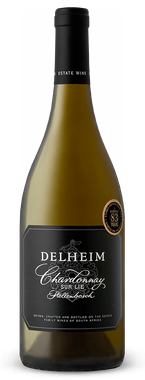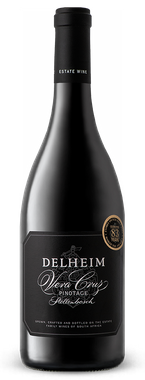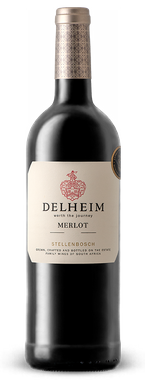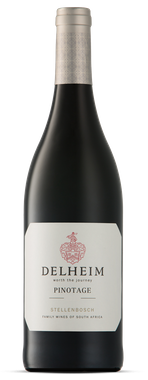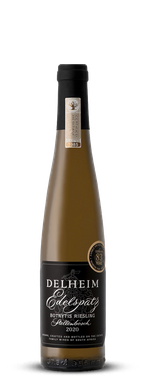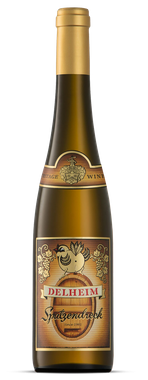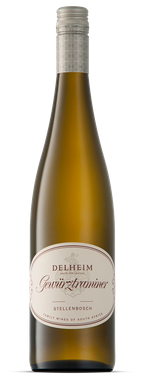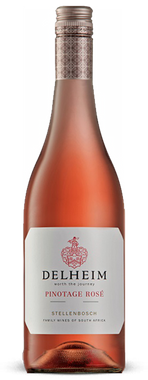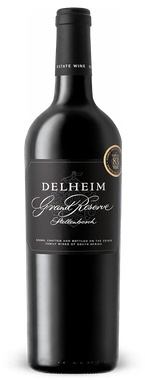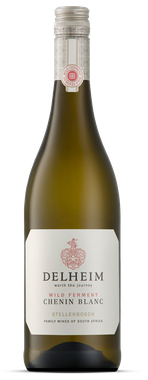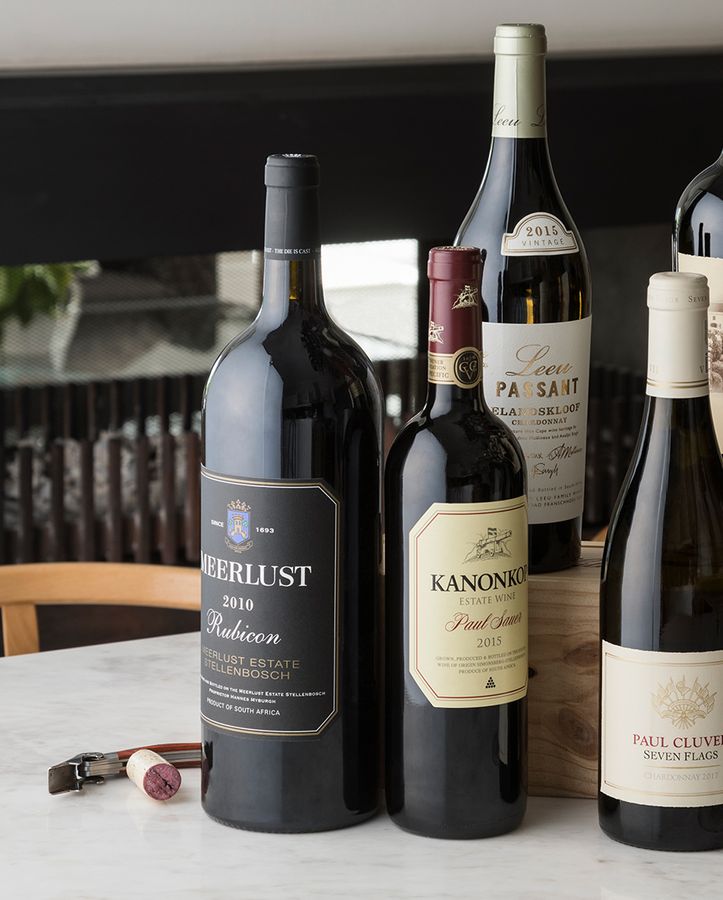Not many people know the difference between sincerity and authenticity. You see, authenticity is being true to oneself while sincerity is consistently acting upon one’s values – walking the talk. Nowadays, both are critical for businesses when communicating a credible identity. Delheim Wine Estate, located in Simonsberg, Stellenbosch, take these ideals to heart. The people and wines of Delheim are humble, despite a notable track record of quality. They are soulful. Sometimes not stating the obvious is the obvious choice.
What strikes you about the Delheim team is that there is a maturity about how they go about things. “You can’t sell your authenticity; people must feel it,” says Victor Sperling, son of founders Spatz and Vera Sperling. He further adds that they never pretend to be something they’re not. This naturally occurs by crafting a holistic business model focusing fully on people and nature. What many people forget is that authenticity and sincerity are a way of life, of just getting on and doing it. “We live and breathe what we do. We care for nature because we live it. We care for people because we live it. We live right inside our business,” says co-owner Nora Sperling-Thiel.
Yet, while they were one of the first WWF Biodiversity & Wine Initiative (BWI) champions, Victor argues that everything must begin with people, not nature, as a happy team will automatically take care of the environment. This underplays the significant achievements of their wines. Delheim – meaning “Del's home” after Nora and Victor’s aunt – has been responsible for producing some of Stellenbosch’s most iconic wines. Critics favourite Edelspatz made from heritage Riesling vineyards is one of South Africa’s premier sweet wines, while the Grand Reserve has recently celebrated its fortieth birthday, and the Pinotage Rosé is listed “from Jamaica to Japan”.
When the Grand Reserve was first released in 1981, it was a bit showy for the team at Delheim but has continued to be central to the South African wine canon, evolving towards a more subtle winemaking approach. “You don’t need to tell people too much about it. It’s got so much gravitas coming from the terroir,” says Nora. Winemaker Nongcebo “Noni” Langa adds that their winemaking philosophy is uncomplicated: the best quality wines show the place where they are grown. “We try not to add too much, so that what nature gives actually comes into the bottle.”
But how does one translate that sincerity and authenticity? Well, the answer for those at Delheim is humility. Their common purpose is central to everything they do, and refer to themselves as iconoclasts, challenging existing beliefs and institutions. Nora explains how they’ve never had to adapt to trends because diversity, inclusion and environmental custodianship has always been woven into the fabric of their brand.
Delheim’s way of bringing that to life is to create a sense of intimacy and discovery. “Wine needs to be sold with a story and it needs a home,” says Victor. The stories of Delheim are about family: How Spatz and Vera Sperling got engaged under a tree in the garden; how Vera invited Noni after her first day to enjoy a dinner of handpicked mushrooms and has been part of the family table ever since; or how Victor met their tasting room ambassador August Pepe packing shelves at a Hypermarket in Bloemfontein twenty years ago.
Their maturity comes from a place of experience and resilience, explains Nora: “We’ve stood the test of a family business … This is all we do: we’ve seen all the cycles, the ups and the downs. We’ve been on all the waves but every year we just do a little bit more and we just get a little bit better – and doing it in a way that is sustainable for people and nature.”
